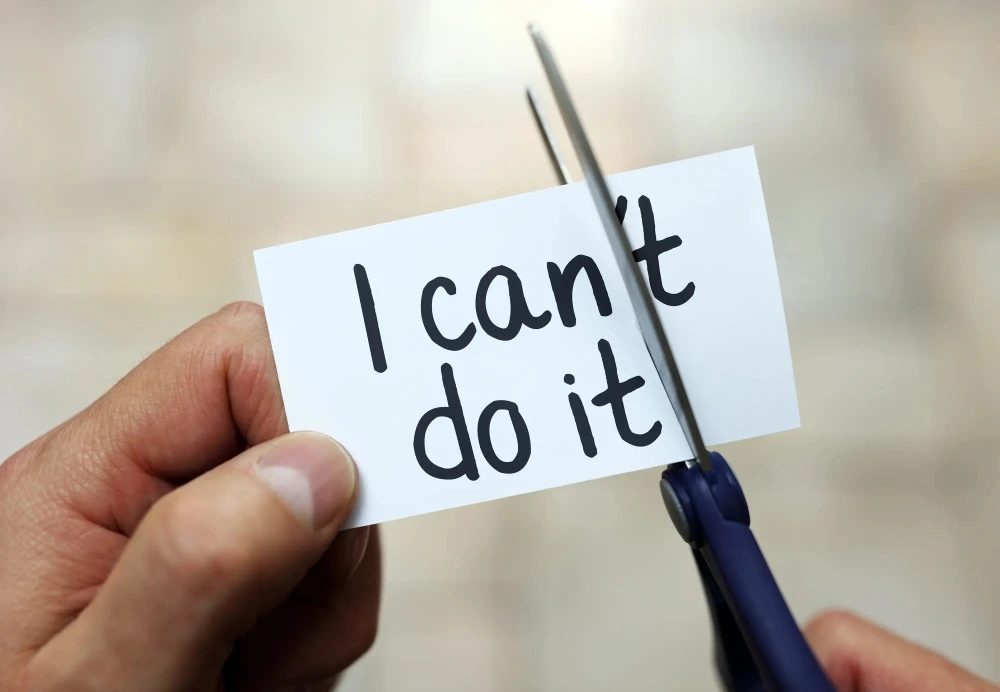Understanding and Building Confidence
Confidence is a fundamental aspect of our psychological well-being and personal development. It influences our decisions, shapes our relationships, and ultimately impacts our overall quality of life. As a therapist, I often encounter individuals grappling with self-doubt and insecurity. Understanding the nature of confidence and how to cultivate it can lead to profound changes in one’s life.
Understanding Confidence
At its core, confidence is the belief in one’s abilities, qualities, and judgment. It is not merely a trait we either possess or lack; rather, it exists on a spectrum and can fluctuate based on various factors, including experiences, environment, and internal dialogue. Many people equate confidence with self-esteem, but they are distinct. While self-esteem refers to how we value ourselves, confidence is more about trusting our abilities to handle specific situations.
The Roots of Low Confidence
Low confidence can stem from various sources:
1. **Negative Self-Talk**: The inner critic can be relentless, often fueling feelings of inadequacy. Many individuals have an internal dialogue that is harsh and unforgiving, leading to self-doubt.
2. **Past Experiences**: Negative experiences, especially during formative years, can shape our beliefs about ourselves. Failures, rejections, and criticisms can leave lasting impressions that hinder confidence.
3. **Comparative Mindset**: In the age of social media, it’s easy to fall into the trap of comparison. Seeing others’ successes can amplify feelings of inadequacy, making it challenging to recognize one’s own strengths.
4. **Perfectionism**: The desire to be perfect can paralyze individuals, preventing them from taking risks or trying new things for fear of failure.
Strategies to Build Confidence
1. **Acknowledge Your Strengths**: Take time to identify and celebrate your strengths and accomplishments, no matter how small. Keeping a success journal can help you recognize patterns of achievement and boost your self-esteem.
2. **Challenge Negative Self-Talk**: Pay attention to your internal dialogue. When you notice negative thoughts, challenge them. Ask yourself if they are based on facts or assumptions. Replace them with positive affirmations that reinforce your capabilities.
3. **Set Realistic Goals**: Start with small, achievable goals that can lead to a sense of accomplishment. As you achieve these goals, gradually increase the difficulty level. This step-by-step approach can create a positive feedback loop of success.
4. **Embrace Vulnerability**: Recognize that everyone experiences failure and setbacks. Instead of avoiding situations where you might fail, embrace them as opportunities for growth. Vulnerability can lead to resilience and a deeper understanding of yourself.
5. **Seek Support**: Surround yourself with supportive individuals who encourage you and provide constructive feedback. Therapy can also be a safe space to explore your feelings of inadequacy and develop strategies for building confidence.
6. **Practice Self-Compassion**: Treat yourself with the same kindness and understanding that you would offer a friend facing similar challenges. Self-compassion can help reduce feelings of shame and inadequacy, fostering a more positive self-image.
Conclusion
 Confidence is not a destination but a journey. It requires continuous effort, self-reflection, and the willingness to confront uncomfortable feelings. As a therapist, I’ve seen individuals transform their lives by cultivating confidence and embracing their unique strengths. Remember, building confidence is a process, and it’s okay to seek help along the way. By taking small, intentional steps, you can enhance your sense of self and unlock your full potential.
Confidence is not a destination but a journey. It requires continuous effort, self-reflection, and the willingness to confront uncomfortable feelings. As a therapist, I’ve seen individuals transform their lives by cultivating confidence and embracing their unique strengths. Remember, building confidence is a process, and it’s okay to seek help along the way. By taking small, intentional steps, you can enhance your sense of self and unlock your full potential.


